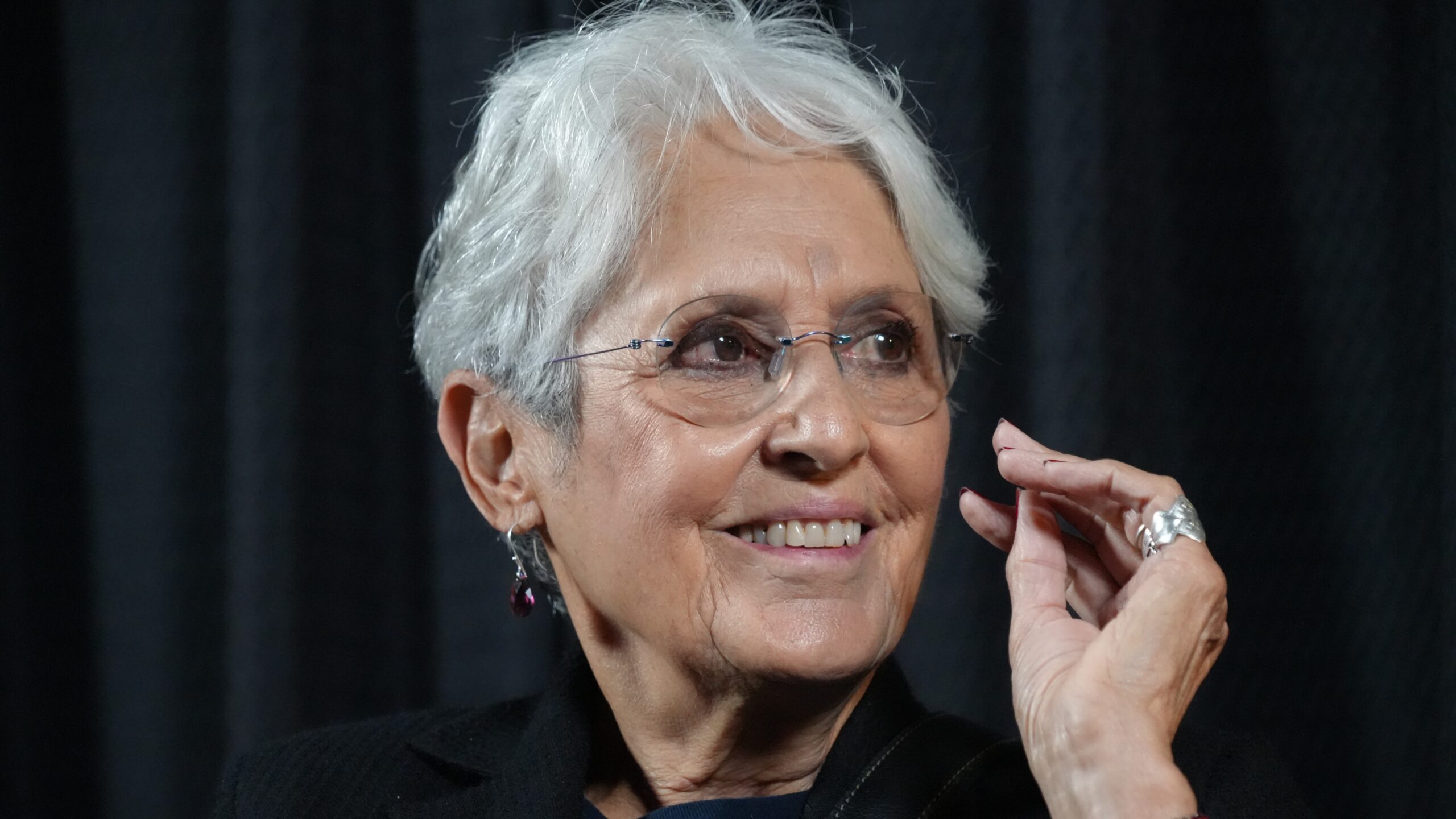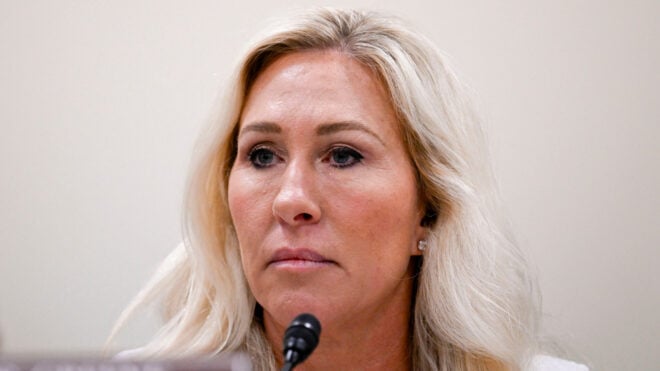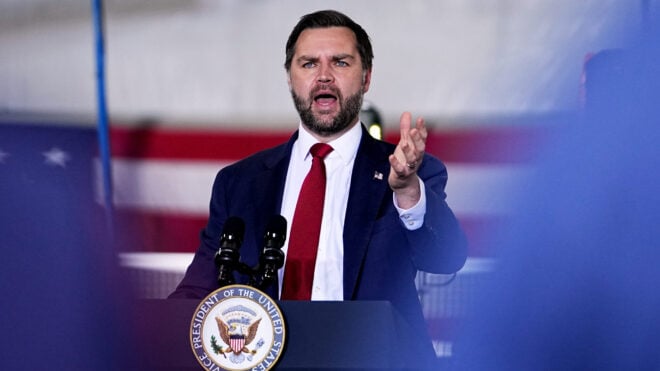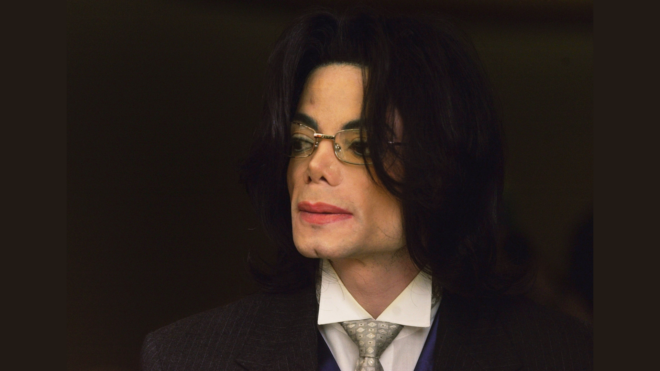
Joan Baez got vulnerable when the documentary about her life was being filmed. The musician and activist gave filmmakers access to her storage unit, which contained journals, family videos, photos, and tapes from therapy sessions. Joan, now 82, told Parade that letting people into her life in this way just made sense to her. "Why not be honest at this point in my life?" she said to the publication.
"In the film when I walk in, that’s the first time I’d ever been in there. It was a combination of an embarrassment of riches and a nightmare for them. There was so much stuff," she told the outlet.
One of the many things uncovered from Joan's past was Bob Dylan. Her three-year romance with Bob was definitely not a secret, but the release of the documentary, I Am A Noise, has brought it back into the spotlight. Joan met Bob in 1961, reports The Los Angeles Times, and she asked him to be an opening act at one of her concerts.
The former couple dated for several years and after he became extremely popular, Bob broke up with Joan. Joan told USA Today that Bob "broke [her] heart." But given that they were so young at the time, she doesn't hold it against him now.
More from LittleThings: Reports From Amber Heard's Therapist Claim Jason Momoa Tortured Actress On 'Aquaman' Set
She told USA Today that her heartache eventually faded away, and although she is not really in contact with Bob now, "the times [they] have chatted were nice." Joan told the outlet that she began painting a picture of her former lover, which gave her some clarity. “All that resentment completely washed away and all I was left with was gratitude that I’d met him, gratitude for all those songs, gratitude for the time period that we merged in,” she told the publication.
When speaking to Parade, Joan added that in the process of painting her portrait of Bob, she also listened to his music and cried. She told the publication that a scene in the film shows Bob when he was "so young." This realization also helped Joan forgive him. "He [still has] his baby fat. All of that from the past, I would like other people to release him from that too. When you’re that age, there are mysterious things that make you do what you do and say what you say," she told the publication. "I was caught up in it at an early age too. It took me a long time to grow out of it."
Joan told LA Times that the experience also made her realize that she was "so lucky to know [Bob Dylan]." "Bob was what, 22 or something? I was a kid too, but I had more ability to manage stuff than he had. I think that’s fair to say," she said. "But I just don’t have animosity now. I certainly did. It was awful. But that’s done now."
Of course, there's a lot more to Joan Baez than her relationship with Bob Dylan, and there's also much more to the documentary. After all, directors Miri Navasky, Karen O'Connor, and Maeve O'Boyle had a lot of material to work with after getting access to everything in Joan's storage unit. Joan explained to Parade that she "wanted to leave an honest legacy," not only documenting her career, but also being honest about the impact abuse and mental health have had on her life.
Being so open about her past was not exactly easy. She told LA Times that "it's been an emotional ride." In spite of that, she likes the way the documentary turned out. "Now, each time I see the film, I see more that I didn’t know," she said.
Some of the items in Joan's storage unit were things that she didn't really know about or items that she vaguely remembered. She said she knew that there were therapy tapes in it, but she hadn't gone through them in a long time. Joan also spoke to several outlets about how activism today compares to activism in the 1960s. "Back then, things were defined for us in a way that we could actually figure out what to do to right the wrongs," she told Salon.
She admitted that the political climate in the United States now is a lot different. "Nobody could’ve written the scenario of what’s happening now," she told LA Times. "It’s deadly. It’s evil. There’s no caring. It promotes the opposite of empathy. It promotes anger and belittling and bullying. On top of that, there’s climate change, which for me is the most heartbreaking."




